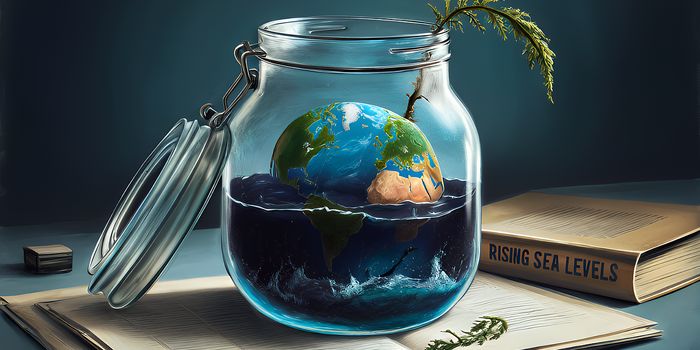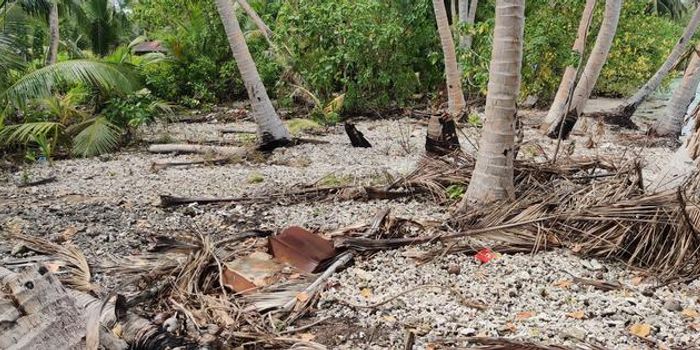The Global Freshwater Cycle Has Been Significantly Disrupted
In 2009, scientists developed a concept called the planetary boundaries framework, which refers to nine Earth system processes that are essential to the planet's stability and resilience, and if they are exceeded, the environment may no longer be able to regulate itself. They include ocean acidification, climate change, land use, and freshwater systems. The framework has been revisited over the years, and researchers have warned that if some of those boundaries are exceeded, it could severely impact the others. By September 2023, researchers had found that Earth was beyond six of the nine boundaries, and in that study, the authors wrote that their conclusions suggested, "that Earth is now well outside of the safe operating space for humanity."
Scientists have now taken a close look at freshwater ecosystems around the world, one of the boundaries that has been exceeded. They have determined that we crossed that boundary long ago, probably at some point in the mid-twentieth century, and our freshwater systems are no longer stable.
This latest work, which was reported in Science Advances, may be the first assessment of changes in the global water cycle with a reliable baseline. The research found that human activities like irrigation, climate change, and dam construction have put so much pressure on freshwater resources that we can no longer rely on their ability to regulate processes in the environment or climate.
In this study, a baseline was first established with hydrological models of the pre-industrial period (1661–1860), which were compared to models of the industrial period (1861–2005). The work showed hat deviations in the form of exceptionally dry or wet conditions started to affect much larger areas in the 20th century compared to the pre-industrial period. The entire land area that experienced deviations is now about twice as large compared to pre-industrial conditions.
The analysis also had high spatial and temporal resolution, so the investigators could look at geographical differences. Extremely dry conditions in streams and soils got more frequent in tropical and subtropical areas, but extremely wet conditions were more common in boreal and temperate areas. More complex patterns emerged in regions with a long history of human activity, such as the Nile and Mississippi River basins. There have been both very dry flows and very wet soils in these areas, reflecting irrigation processes.
"We found that exceptional conditions are now much more frequent and widespread than before, clearly demonstrating how human actions have changed the state of the global freshwater cycle," said co-corresponding study author Vili Virkki, PhD, of Aalto University.
"Understanding these dynamics in greater detail could help guide policies to mitigate the resulting harm, but our immediate priority should be to decrease human-driven pressures on freshwater systems, which are vital to life on Earth," added senior study author Associate Professor Matti Kummu of Aalto University.
Sources: Aalto University, Science Advances









